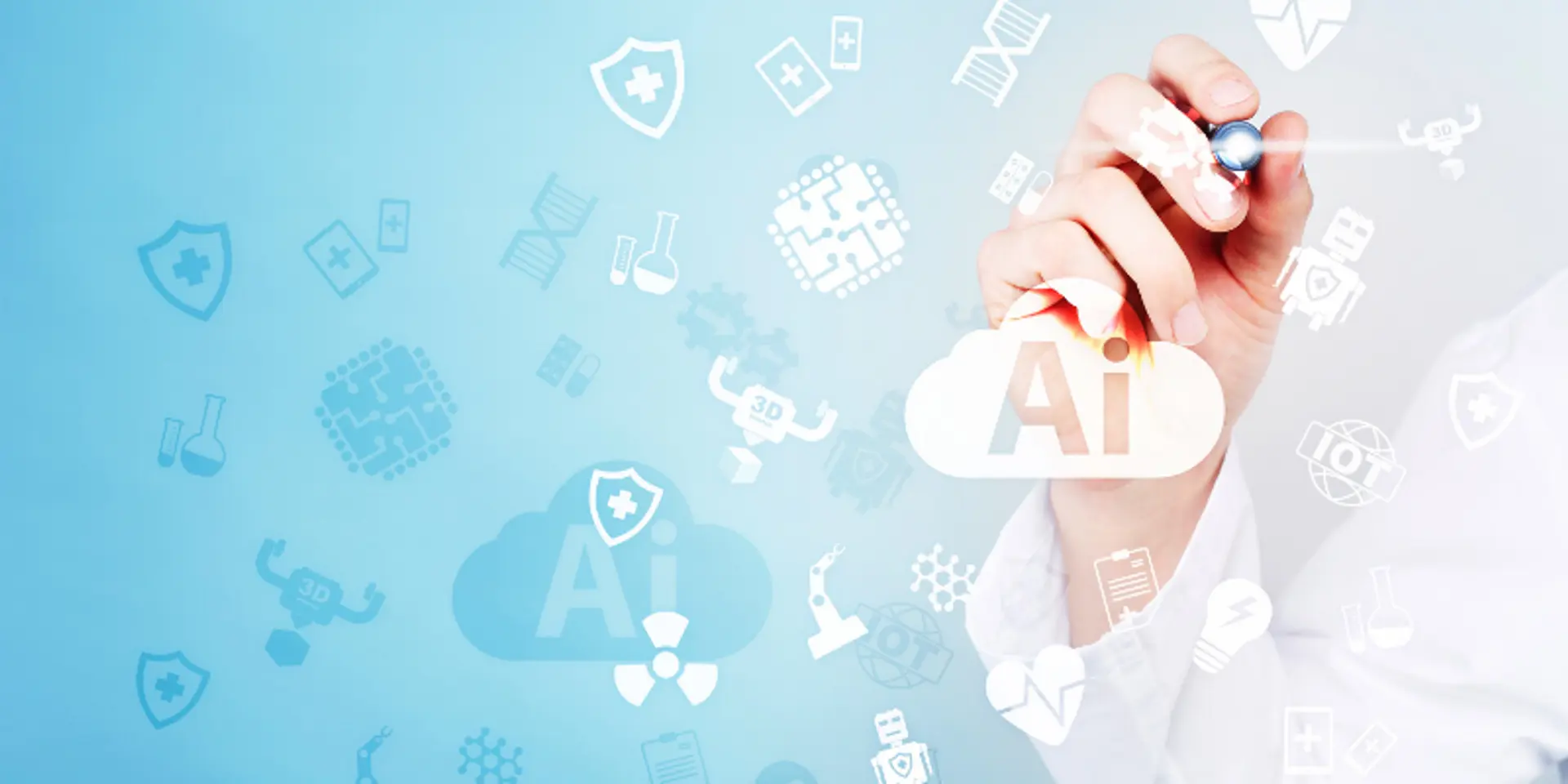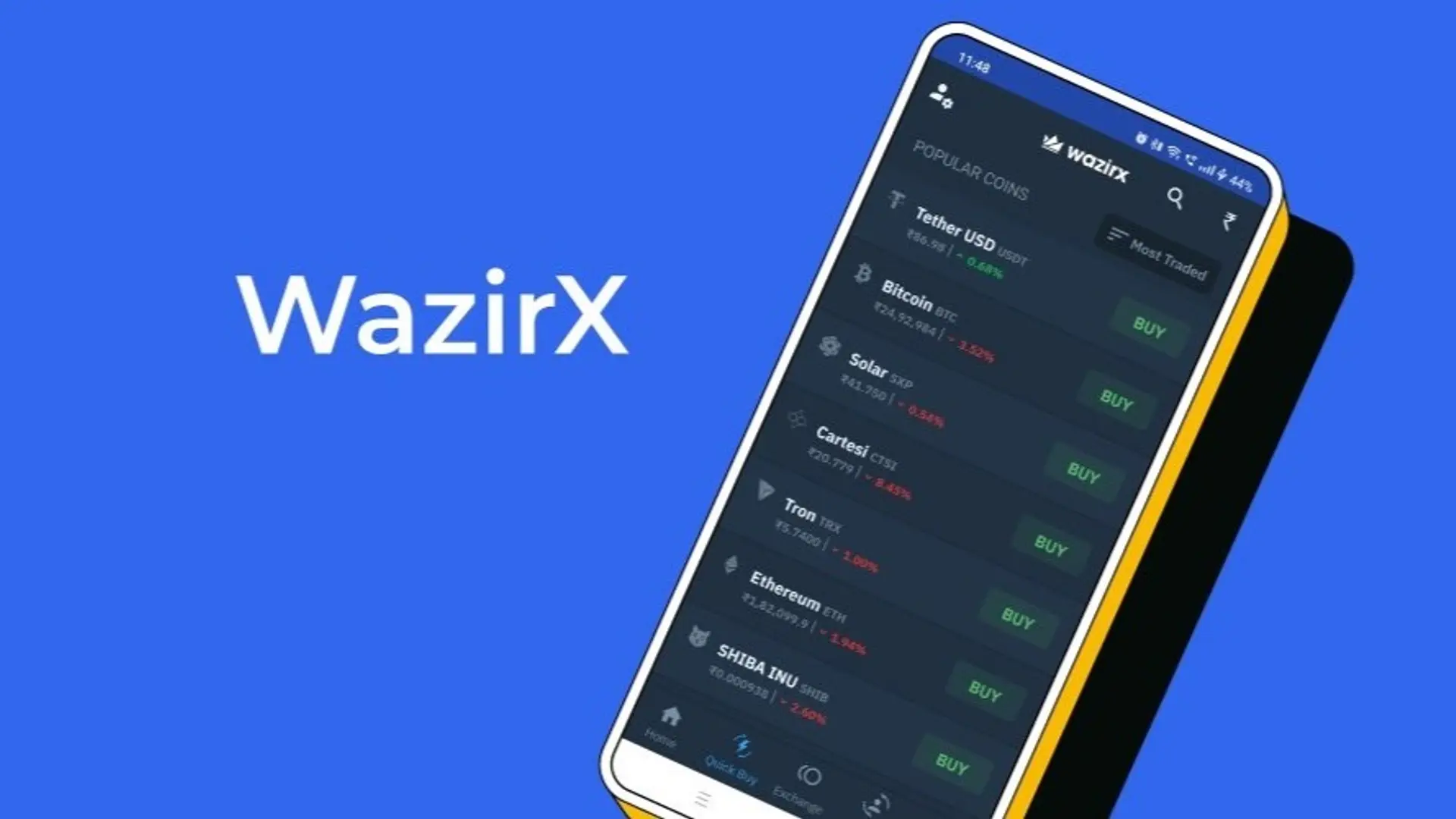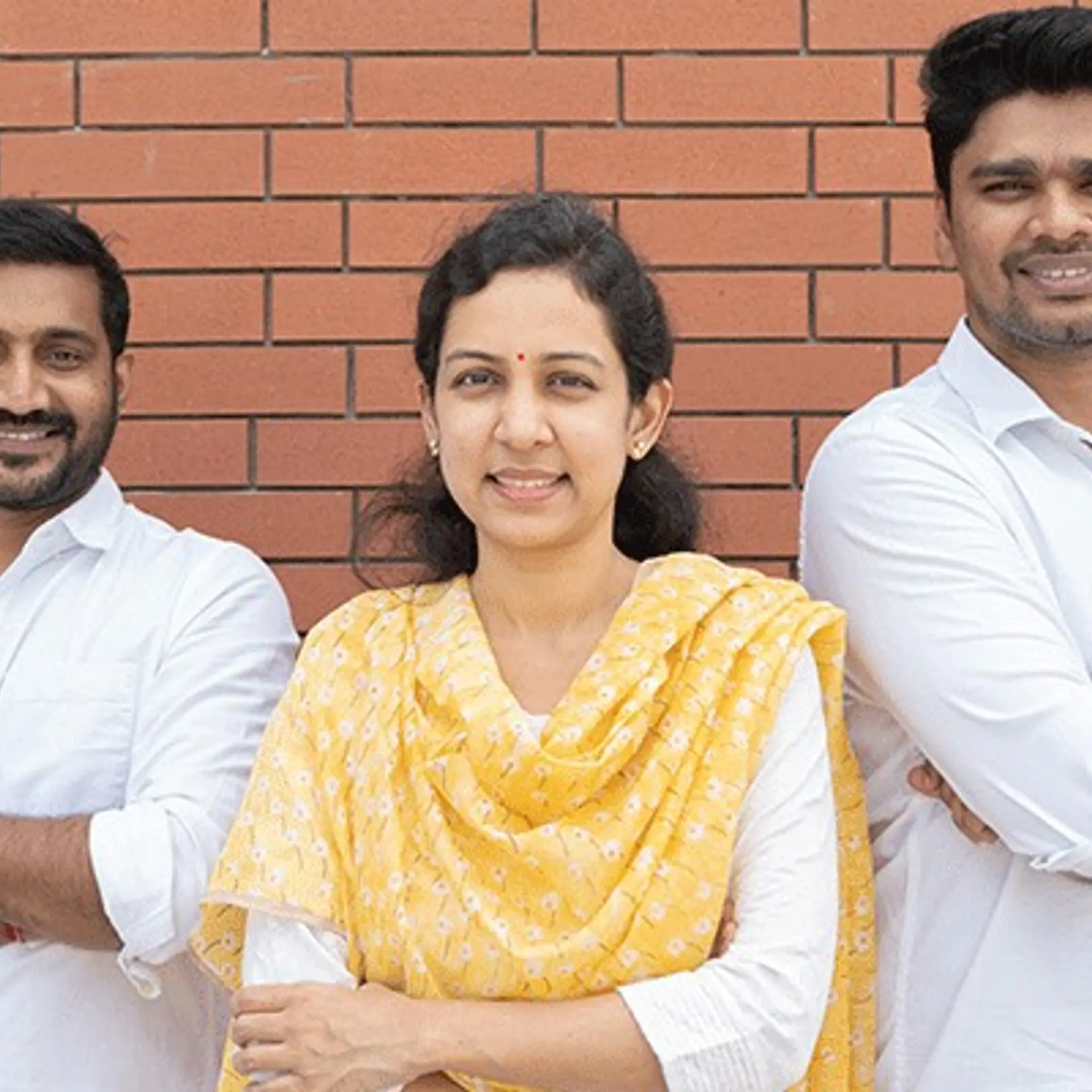GenAI has tremendous potential to create efficiencies in healthcare systems, says Danielle Morris of AWS
In an interview with Enterprise Story, Danielle Morris, Health Equity Lead, AWS Global Social Impact, said, GenAI could be the gamechanger in enabling equitable access to healthcare, and AWS is enabling this by backing innovators in this sector.
Technology has emerged as a key differentiating factor in the healthcare sector, and this was evident during the Covid-19 pandemic with the speedy development of the vaccine. Today, there is a driving force to ensure that everyone gets access to healthcare regardless of their race, gender, or geography.
In this context, global cloud company Amazon Web Services (AWS) is engaged with various innovators from the healthcare sector across the world, providing them access to latest technology to bring about health equity towards better outcomes, especially for the underprivileged. Added to this is the emergence of Generative Artificial intelligence (GenAI), which is expected to be a game changer in delivering superior healthcare in a faster, accurate, and scalable manner.
Healthcare today is all about data, and GenAI has the compute ability to analyse this information to deliver the services which are more suited to the needs of a community or individual.

In an interview with Enterprise Story, Danielle Morris, Health Equity Lead, AWS Global Social Impact, said, “Technology can play an invaluable role in not only democratising access to those resources that a community or population or an individual needs to thrive, but also being able to do so in a culturally responsive way.”
Edited excerpts from the interview:
Enterprise Story (ES): How is technology playing a role in ensuring health equity or equality?
Danielle Morris (DM): I want to make a distinguishing point—equality and equity are a bit different. Equity is really thinking about you as a person or you as a community and what are some of the distinct needs or priorities that you have to be healthy. That may look slightly different depending on where you are and who you are. So, for example, girls may have a different health need, or women may have a different health need than men or boys. So, it's really trying to understand when we meet people in communities what to provide and understand what those resources are.
Technology can play an invaluable role in not only democratising access to resources that a community or population or an individual needs to thrive, but also being able to do so in a culturally responsive way. For example, if we’re thinking about rural populations who may have to drive hours to get access to their local health care provider, telehealth may be a really leveraging technology to connect the patient with the care provider. And GenAI has been used to provide health information to patients that is accessible on their phone and in a language that they can understand.
So, technology can really play a role in bridging the gap by distance, language, and meeting other needs. Even healthcare providers, hospital systems, and governments can use technology to host data to analyse in a way that allows them to understand if there are different needs of patients or certain populations. It also allows them to provide more precision medicine and feedback to the patient so that they can receive the care that will help them improve their health outcomes.
ES: What role AWS has been playing to enable health equity?
DM: At AWS, we are thinking about how we are leveraging technology to improve the well-being and quality of life of people around the world. Health equity is a broad term. But it means that everyone everywhere, regardless of where you live, who you are, what you look like, have access to the resources that you need to be healthy and well. It looks to provide access to culturally responsive healthcare, and also being able to live in a safe environment where you have access to food and other resources that you need to make sure that you as an individual and community can thrive and be well.
In 2021, in response to the pandemic, where technology emerged as a strong tool to bridge that equity gap and bring access, we launched the AWS health equity initiative. Initially, it was a $40 million, three-year commitment to provide and democratise access to cloud technology to researchers and innovators who are using technology to address the specific needs of populations around the world, to ultimately improve their health outcomes.
In January this year, we committed an additional $20 million to continue the work because health equity is a priority for not only AWS, but Amazon more broadly as well. Through the health equity initiative, we have been able to provide cloud compute credits to over 260 customers in every region of the world.
We have been able to address issues like leveraging data to promote equitable and inclusive systems of care and health systems, to addressing issues that are impacting local farmers to improve food access to food and food security.
ES: How is AI and GenAI playing a key role in promoting health equity?
DM: Gen AI has a tremendous potential to create efficiencies in healthcare systems, reducing the workload of care providers, hospitals, and healthcare workers, so that they spend less time on writing notes and documenting patient outcomes that can be translated easily through Gen AI. Also, GenAI has been used to more efficiently and quickly analyse and understand data to help identify populations that may have worse outcomes because of a number of factors of disparities, and to make care to bring care quicker to the people that needed the most.
ES: What are the early benefits AWS is seeing through GenAI?
DM: Let me give you an example of one customer that is using Gen AI in a really unique way. Hurone AI is a US-based company that is working with the Ministry of Health in Rwanda to address the gap in cancer care across Africa. So, for example, in the United States, there are populations that have access to oncologists. Whereas in Rwanda, there may be three to four oncologists to support the entire population of the country. So, Hurone AI has developed an app that is providing remote patient monitoring. The app uses GenAI, and more specifically Bedrock. Also, there is a GenAI chatbot that is providing culturally responsive healthcare information to the patient and their families in their local language.
Edited by Megha Reddy






